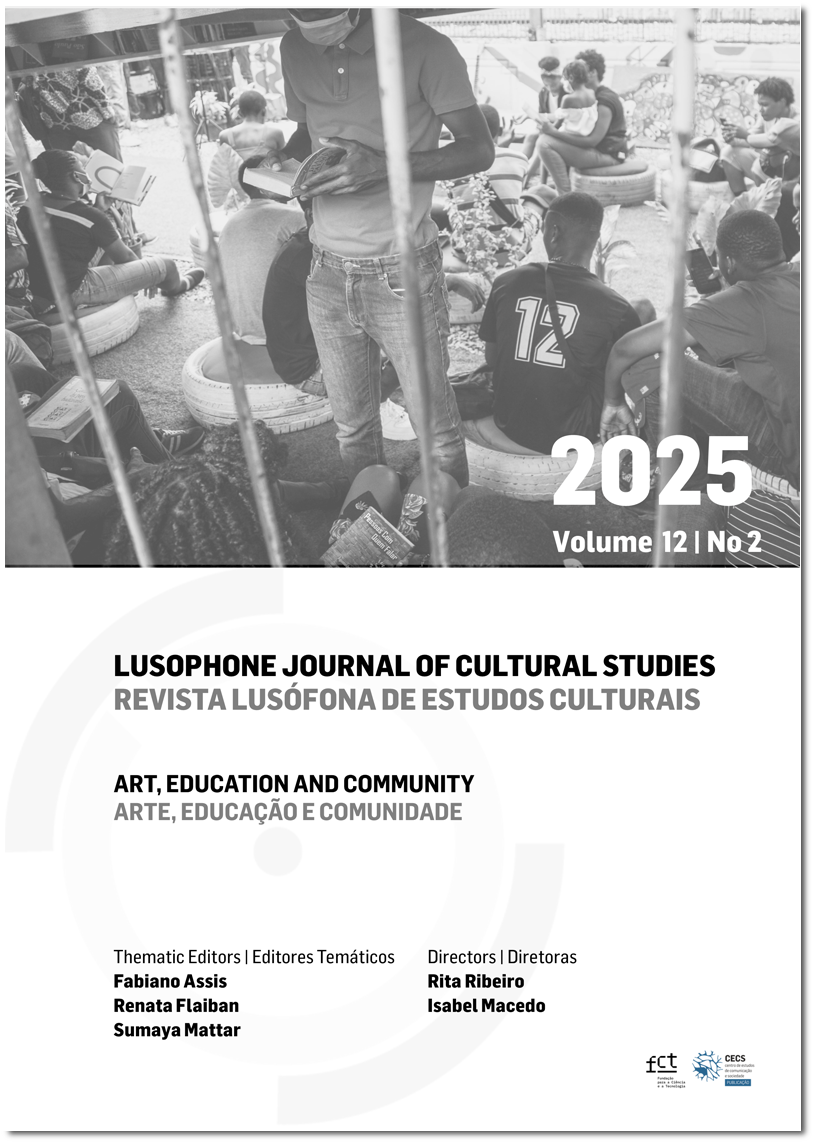“A Community Without Education Is an Invisible Community”: Interview With Dago Nível Intelecto
DOI:
https://doi.org/10.21814/rlec.6536Abstract
Francisco Mapanda (b. 1989), better known as Dago Nível Intelecto, is a student, social activist, and organic intellectual in the Gramscian sense (1971) from Luanda, Angola, where he was born and raised. Inspired by the Arab Spring (2010–2012), which he followed from afar, he and other young activists began to challenge the regime of President José Eduardo dos Santos (1979–2017). During this initial phase of his activism (2010–2020), Dago reached an audience through the critical texts he published on his Facebook page. His activism, however, earned him a summary prison sentence of eight months in 2015, due to his involvement in the arrest of the activist reading group 15 mais 2. The imprisonment of Dago and other social activists attracted international attention (https://www.frontlinedefenders.org/en/case/case-history-angola-15; https://www.dw.com/en/meet-dago-nivel-an-angolan-who-took-on-the-system/video-60060627; https://www.amnesty.org/en/documents/afr12/5205/2016/es/).
Following his release, Dago became involved in various social movements, such as the Movimento contra o Desemprego (Movement against Unemployment) and the Associação Mudar Viana (Mudar Viana Association; https://www.facebook.com/mudarviana). In 2020, in the context of the pandemic, he co-founded with Arante Kivuvu (b. 1993) the community project Biblioteca 10padronizada [10padronizada Library (a pun on “dez padronizada”, which translates as “unstandardised”)], located in one of Luanda’s peripheral neighbourhoods, near the Robaldina bus stop.
Downloads
References
Cabral, A. (2013). Unidade e luta: A arma da teoria: Textos coordenados por Mário de Andrade (Vol. I). Fundação Amílcar Cabral. (Trabalho original publicado em 1976)
Gramsci, A. (1992). Selections from the prison notebooks (Q. Hoare & G. N. Smith, Trads.). Lawrence and Wishart. (Trabalho original publicado em 1971)
Moorman, M. (2008). Intonations: A social history of music and nation in Luanda, Angola, from 1945 to recent times. Ohio University Press.
Downloads
Published
How to Cite
Issue
Section
License
Copyright (c) 2025 Tom Stennett

This work is licensed under a Creative Commons Attribution 4.0 International License.
Authors own the copyright, providing the journal with the right of first publication. The work is licensed under a Creative Commons - Atribuição 4.0 Internacional License.








